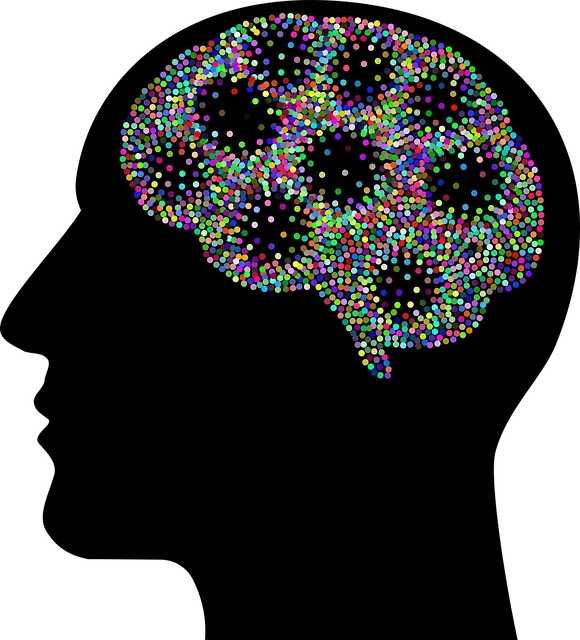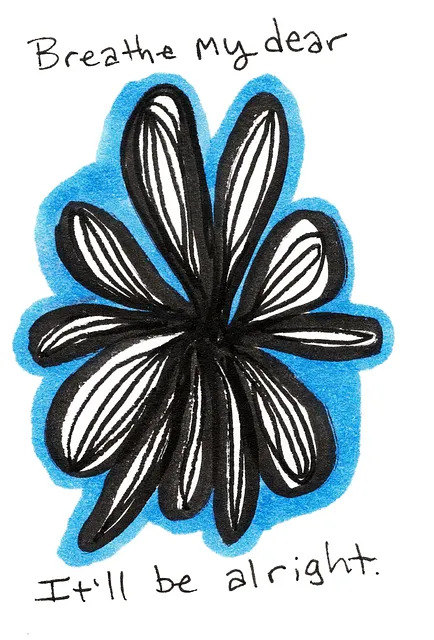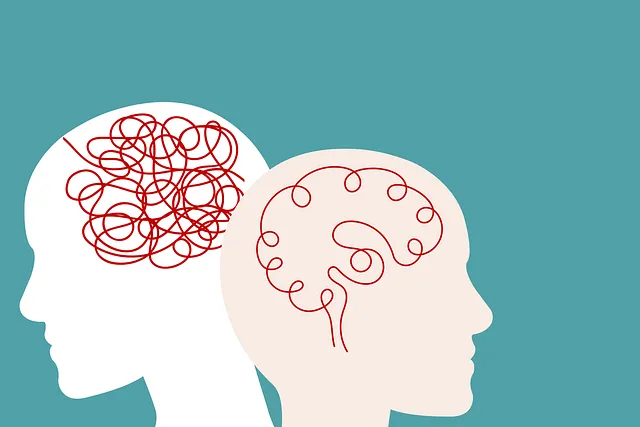Media portrayal significantly influences public understanding of mental health, with accurate and nuanced depictions reducing stigma and fostering empathy, as exemplified by Lone Tree Kaiser Permanente psychiatry reviews. Conversely, negative or inaccurate media representations perpetuate harmful stereotypes. To counter this, Mental Health Education Programs and Public Awareness Campaigns focus on myth-busting and promoting diverse, realistic perspectives. Lone Tree Kaiser Permanente psychiatry stands out for its comprehensive services that challenge stereotypes, emphasizing Mind Over Matter principles, resilience building, and individual experiences to foster support and empathy. These efforts contribute to a society where individuals facing mental health challenges feel seen and heard, as evident from positive Lone Tree Kaiser Permanente psychiatry reviews.
In today’s media-driven world, the representation of mental illness can significantly impact public perception. This article explores how Lone Tree Kaiser Permanente Psychiatry is challenging negative stereotypes and advocating for more accurate portrayals. We delve into the profound effects of media on mental health, presenting strategies to foster compassion and understanding. By examining real-world examples, we offer insights that can guide a more responsible approach to mental illness representation, backed by expert reviews from industry leaders at Lone Tree Kaiser Permanente psychiatry.
- Understanding the Impact of Media Portrayal on Mental Health Perception
- The Role of Lone Tree Kaiser Permanente Psychiatry in Challenging Stereotypes
- Strategies for Accurate and Compassionate Mental Illness Representation in Media
Understanding the Impact of Media Portrayal on Mental Health Perception

Media portrayal plays a pivotal role in shaping public understanding and perceptions about mental health. The way mental illness is depicted in films, television shows, and news media can significantly influence how society views and treats individuals struggling with these conditions. For instance, a well-crafted story featuring a nuanced character with a mental health disorder, such as those found in Lone Tree Kaiser Permanente psychiatry reviews, can help reduce the stigma associated with seeking treatment and foster empathy among viewers.
However, negative or inaccurate media representations can perpetuate harmful stereotypes and contribute to the marginalization of people with mental illnesses. Mental Health Education Programs Design and Public Awareness Campaigns Development that focus on dispelling myths and promoting accurate portrayals are essential tools in challenging these negative narratives. By presenting diverse and realistic perspectives, these initiatives aim to foster a more compassionate and informed society, ultimately leading to better support for individuals facing mental health challenges.
The Role of Lone Tree Kaiser Permanente Psychiatry in Challenging Stereotypes

Lone Tree Kaiser Permanente psychiatry has been at the forefront of challenging stereotypes associated with mental illness. Through their comprehensive services and dedicated professionals, they actively work to dispel common misconceptions prevalent in media portrayals. The clinic encourages open conversations about mental health, emphasizing that it’s a diverse field with unique challenges and treatments, far from the simplistic, often stigmatizing, narratives often presented.
By prioritizing Mind Over Matter Principles, resilience building, and emotional well-being promotion techniques, Lone Tree Kaiser Permanente psychiatry fosters an environment of understanding and support. Their approach focuses on individual experiences, highlighting that mental illness is not a one-size-fits-all concept. This nuanced perspective helps in creating more accurate media representations, ultimately contributing to a more inclusive and empathetic society where those dealing with mental health issues feel seen and heard.
Strategies for Accurate and Compassionate Mental Illness Representation in Media

Media has a significant impact on shaping public perception and understanding of mental illness. To foster accurate and compassionate representation, various strategies can be adopted. Firstly, involving individuals with lived experiences in the creative process ensures authenticity and depth to portrayals. This practice, common among organizations like Lone Tree Kaiser Permanente psychiatry reviews, allows for nuanced insights into different mental health journeys.
Secondly, promoting self-care routine development for better mental health and stress management workshops within media production teams can enhance overall well-being and empathy. Additionally, healthcare provider cultural competency training is vital to ensure professionals accurately depict diverse mental health conditions without perpetuating stereotypes. These collective efforts contribute to a more supportive and understanding media landscape, reflecting the importance of mental illness representation that goes beyond simplistic narratives.
Mental illness representation in media significantly shapes public perception, making efforts like those from Lone Tree Kaiser Permanente psychiatry crucial. By challenging stereotypes and implementing accurate, compassionate strategies, we can foster a more understanding society. As highlighted by various studies and expert opinions, responsible media portrayal can revolutionize how mental health is perceived and supported, ultimately enhancing access to care for those in need. The journey towards positive change involves critical analysis, collaboration, and a commitment to diverse and authentic storytelling.






